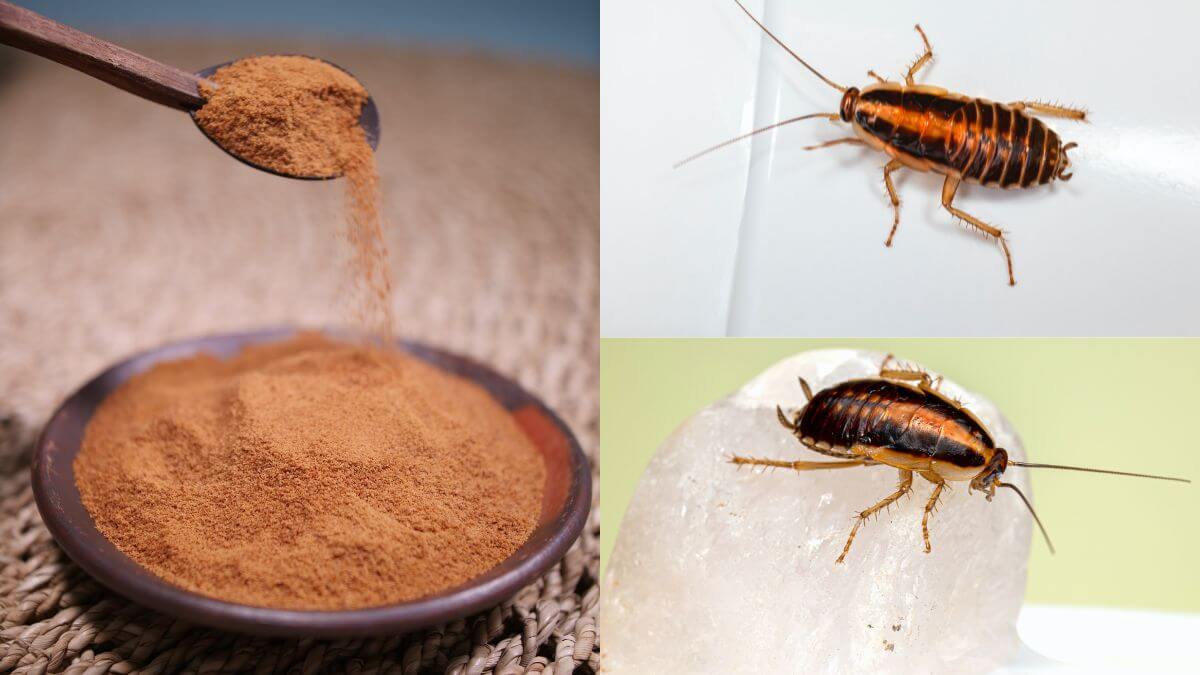Insects are often regarded as pests that we want to keep out of our homes and away from our food. However, in many cultures around the world, insects are considered a delicacy and a valuable source of protein. In recent years, there has been growing interest in using insects as a sustainable and nutritious food source. One way that insects are being incorporated into our diets is by adding Insect protein powder to food. In this article, we will explore the pros and cons of adding insect powder to food.
What is Insect protein powder?
Insect protein powder is made by grinding up dried insects into a fine powder. The most commonly used insects for powder are crickets, mealworms, and grasshoppers. Insect powder is rich in protein, vitamins, and minerals, making it a valuable food source for humans. It is also a sustainable alternative to traditional protein sources like beef, which require a lot of resources to produce.
The Pros of Adding Insect Powder to Food
High in Nutrients
Insect powder is packed with nutrients like protein, vitamins, and minerals. For example, crickets are an excellent source of protein and contain all nine essential amino acids that the human body needs. They also contain calcium, iron, and vitamin B12. By adding insect powder to your food, you can increase your nutrient intake without adding a lot of calories.
Sustainable
Insects require far fewer resources to produce than traditional livestock like cows and pigs. They require less water, feed, and space, making them a more sustainable protein source. Insects can also be raised on organic waste like fruit and vegetable scraps, reducing the amount of food waste that ends up in landfills.
Versatile
Insect protein powder can be added to a variety of foods, from smoothies to baked goods. It has a mild, nutty flavor that can enhance the taste of many dishes. Because insect powder is a dry ingredient, it can be stored for a long time without spoiling, making it a convenient ingredient to keep on hand.
The Cons of Adding Insect Powder to Food
Allergies
Some people may be allergic to insects or insect powder. Like any food, it is possible to have an allergic reaction to insect powder. It is important to start with a small amount and monitor your body’s reaction before consuming larger amounts.
Cultural Barriers
In many Western cultures, the idea of eating insects is considered unappetizing or even repulsive. This can be a barrier to adding insect powder to food, as many people may be reluctant to try it.
Processing
The processing of insect powder can be a challenge. Insects must be raised and processed in a way that is safe for human consumption. The insects must be dried and ground into a fine powder without the risk of contamination. This can be a costly and time-consuming process.
Conclusion
Adding Insect protein powder to food is a novel way to increase your nutrient intake and reduce your environmental impact. Insect powder is a sustainable and versatile ingredient that can be added to many dishes. However, it is important to be aware of the potential risks, such as allergies and cultural barriers. If you are interested in incorporating insect powder into your diet, it is best to start small and monitor your body’s reaction. With its many benefits, insect powder is worth considering as a nutritious and sustainable food source.
